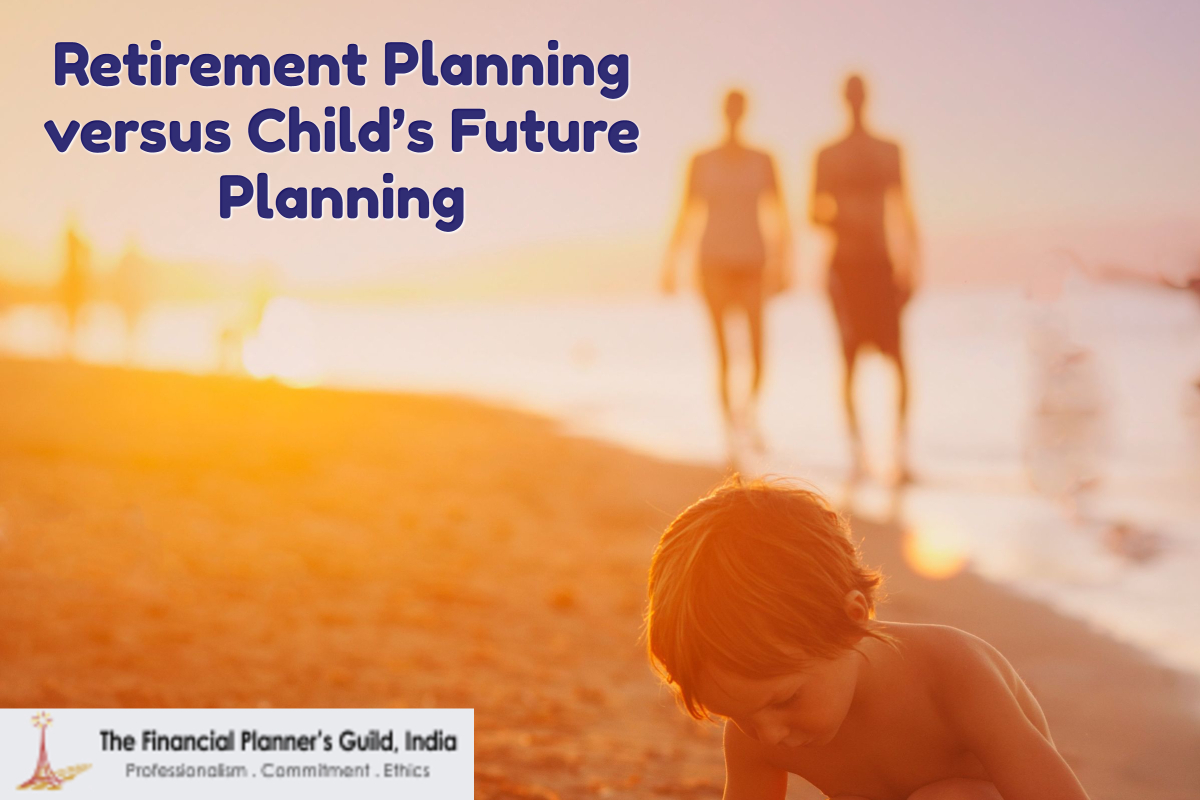
Recently I was talking to a client who was approaching retirement – both of his parents are alive. To my question, “Do your parents stay with you?”, he politely replied, “No, we stay with our parents”. This one line created a lot of respect for the client; but the question is, will we be that lucky in our retirement days.
These days retirement is a real challenge due to low pension or no pension, shift towards nuclear family system, longevity of life is increasing, rising medical expenses etc. It may sound a bit odd but actually most people don’t realize they will have a shortfall in their retirement corpus and by the time the realization dawns, it is too late. Most of the clients when thinking of retirement planning have simple calculations in mind that they need X amount every year and for this they need 12.5X retirement corpus assuming a rate of return of eight percent. But they ignore their biggest enemies – inflation and tax. These factors actually start affecting them after four to five years and after retirement they don’t have any choice but to adjust their lifestyle.
Did you know that the major reason why people take loans on their Provident Fund (PF) or withdraw their retirement savings is to meet their child’s educational needs or their marriage? When we talk about the long-term goals of any person, his two primary goals are:
1) Child’s future planning
2) Retirement planning
And the irony is that people mix these two goals – at least the funding part. These are two separate goals which have a long-term horizon, but still a lot of people fail to meet these goals. In India, we also see a common phenomenon when it comes to funding the child’s education, people are very reluctant to go for education loan, which is a right way to finance this goal. Instead, they dig into their retirement corpus or borrow from other sources. Some also make excuses like “My son will take care of me when I am old”. And we all know the present reality and the future can be even more different. Hence, these two goals if not properly planned and executed, can make a mess of your financial life. And, the worst is that one will realise this when he has lost the most important factor called “time”.
Let’s try to understand these two goals, their interdependence and implication on overall financial planning:
|
Planning tenet |
Aim |
Example in terms of goals |
| Child’s future | 1) Planning for education.2) Planning for expenses in case of loss of the bread winner.
3) Marriage planning. |
1) Plan for IIM whose current fee is Rs 15 lakh.2) Life covers of at least 10 times of cost-to-company (CTC) with proper allocation to disability and accidental death cover.
3) Planning for marriage of daughter. Cost of marriage today is Rs 10 lakh. |
| Retirement | 1) Providing funds for a decent lifestyle .2) Planning for health related expenses. | 1) Providing for monthly expenses whose current value is Rs 25,000.2) Providing for treatment of any major ailment or surgery. Present cost Rs 4,00,000. |
Important points for child’s future planning:
1) The first important phase when child will have financial needs is when he appears for his 10th and 12th board exams. The subjects that he chooses give you a fair idea about how much money will be required when he joins an under-graduate and post-graduate course.
2) Second phase is when the child gets admission to his professional course. The course and the number of years the course will take, have an important bearing on the amount that will be required. Also, the choice of college is important, as an MBA-degree abroad will be more costly in comparison to pursuing the same course in India.
3) Encourage the child to avail an education loan in case the requirement is more. There is no stigma attached to this. The child learns to be disciplined in finance right from the beginning besides gaining tax benefits when the repayment starts.
4) Check if you really need to plan for their marriage or not. Late marriages are also common. Nowadays youngsters are settling in careers and then getting married. They can also partly fund the wedding.
Important points for retirement planning
1) Unlike child’s education expenses, you are not planning a one-time expense. The amount is normally required on a regular basis, for the lifetime.
2) Nowadays factors like longevity of life, better lifestyle and costly medical needs need to be considered for retirement planning.
3) Time of retirement and income flows after retirement is also important. Today people plan to retire by 45 or 50 and start their own ventures. They call it retirement but actually this is just a shift in career as the income continues. Also we find executives like AM Naik (of Larsen and Toubro) who is 70 but still has a long to-do list.
4) Retirees today believe in “sar utha ke jeeyo”. They like to be independent rather being at the mercy of their children.
5) Also remember that for educational needs you can get assistance (loan, scholarships etc.), but for retirement needs no such facility is available.
Mark Twain said “Plan for the future, because that’s where you are going to spend the rest of your life”.
FPG India ©2024. All Rights Reserved.
Designed & Developed by W3M Technoz
Comments are closed.